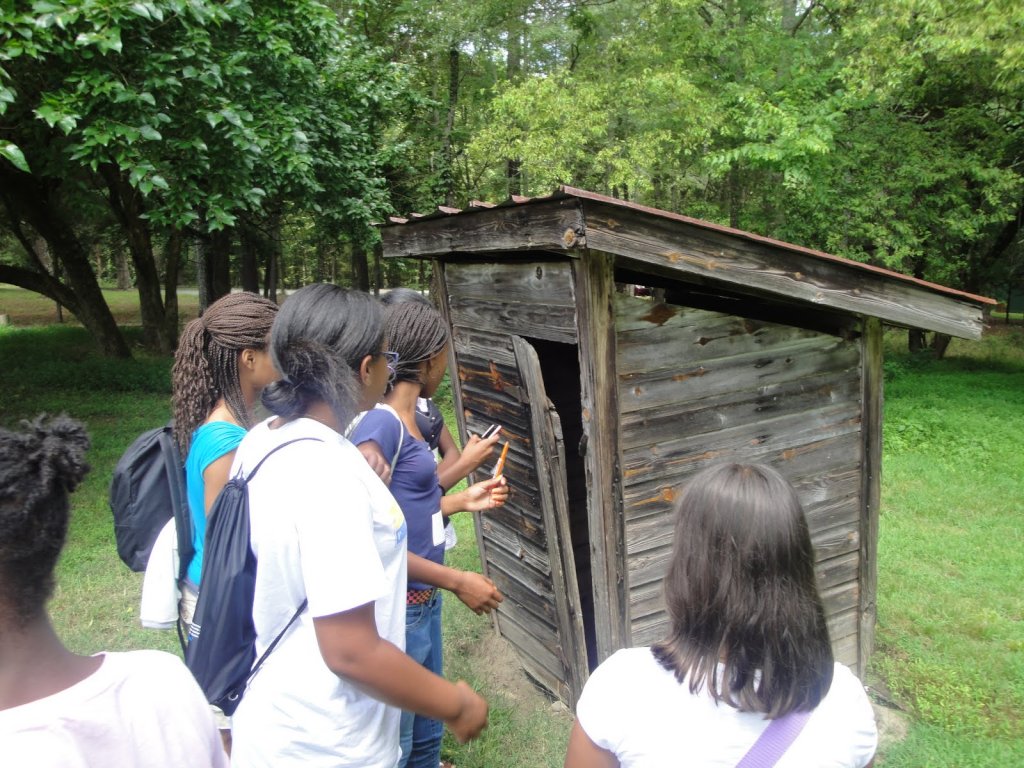CAAAR AND THE UNIVERSITY OF MALAYA TO HOST GLOBAL AFFIRMATIVE ACTION CONFERENCE AT DUKE
Following the historic signing of a Memorandum of Understanding (MOU) between the Center for African and African American Research, Duke’s Global Strategies Office, a program of collaborative research is in the works between faculties of both institutions. The first of these is a conference on Affirmative action which will be held at Duke University in November 2012.
In addition to U.S. scholars, this conference will bring together international scholars and activists from countries such as India, Brazil, Northern Ireland, Malaysia, Ecuador/Colombia and Fiji to examine contemporary practices of affirmative action in a neoliberal age. We hope to probe and compare earlier renditions of Affirmative Action with newer forms. The conference will raise questions such as: Is racial or ethnic mixing, undercutting affirmative actions’ narrowly drawn evidence of differencing? Are communities to be apprehended in the same racialized ways in the contemporary moment as they have been under an earlier form of globalization, and state interventionism? How do communities currently (re)configured exceed, undermine or continue to affirm earlier forms of affirmative action’s expectations? For example, if older affirmative action programs emerged under a different dispensation of state and the politics of belonging , how has the current moment intervened to suggest a different ordering of priorities given a new apprehension of racialized othernesses?
CAAAR and UM aim to promote the thinking through of the politics of Affirmative Actions as it has been practiced transnationally, particularly contrasting the practices of governance under the developmentalism versus the neoliberal economic agenda, in order to map the radical continuities and discontinuities inherent to regimes of globalization. It is expected that at the end of the proposed conference that scholars from both institutions, Duke University and the University of Malaya will produce a policy paper, as well as an anthology, that would make a lasting impact on understanding of particular forms of social engineering, or governmental technologies, which have been combined with the pursuit of economic social and political freedoms, and which have engendered several intended and unintended consequences from a politics of fairness, based on the variety of circumstances and global geographies. Moreover it is expected that these two institutions could continue to pursue collaborative projects that track these motions of equalizing parity, in a world which, according to several analysts has become starkly more unequal.


